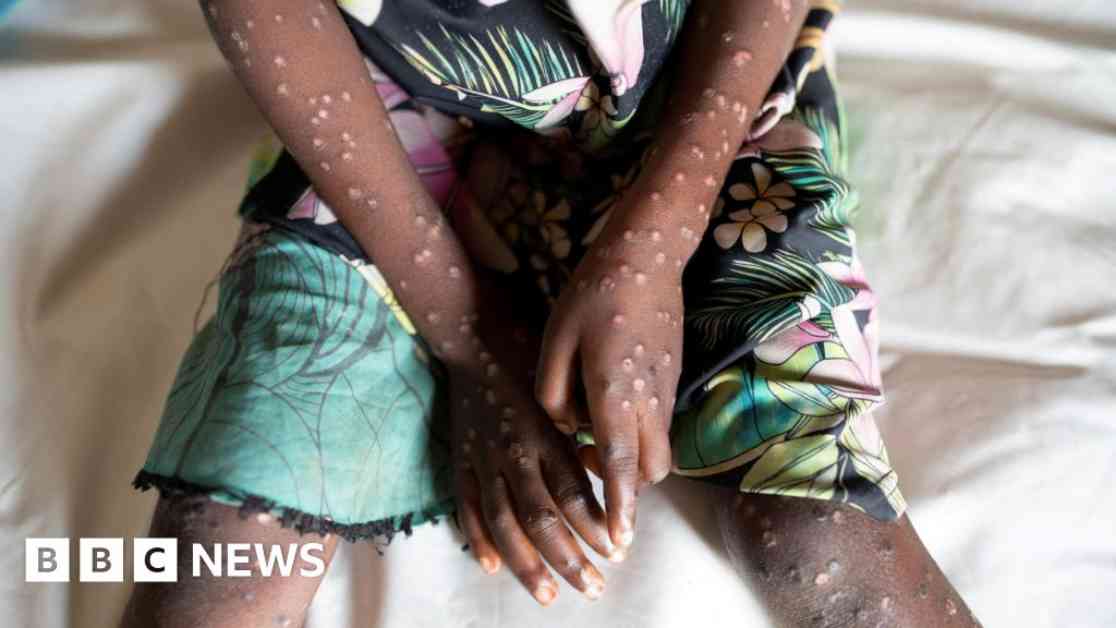MPOX, short for monkeypox, is a disease caused by the monkeypox virus, which belongs to the same family of viruses as smallpox. Although less severe than smallpox, mpox can still have serious consequences, especially for children under the age of 15. The virus is commonly found in regions close to tropical rainforests, where thousands of cases and hundreds of deaths occur annually.
There are two main strains of the virus – a milder one that caused a global outbreak in 2022 and a more deadly strain endemic in central Africa. The symptoms of mpox include fever, headaches, swellings, back pain, aching muscles, and a rash that can be extremely itchy or painful. The infection usually clears up on its own within 14 to 21 days, but serious cases can lead to lesions affecting the whole body, including the mouth, eyes, and genitals.
Mpox is spread through close contact with infected individuals, including through sex, skin-to-skin contact, and talking or breathing close to someone. The virus can enter the body through broken skin, the respiratory tract, or through the eyes, nose, or mouth. It can also be transmitted through contact with contaminated objects or infected animals.
Most cases of mpox are found in sexually active individuals, particularly men who have sex with men. People with multiple partners or new sexual partners are at higher risk, but anyone in close contact with an infected person can catch the virus. Preventing infections is key to controlling outbreaks, and vaccines are the most effective way to achieve this.
There are three vaccines available for mpox, but they are usually reserved for those at risk or in close contact with an infected individual. The World Health Organization (WHO) does not currently recommend vaccinating entire populations, but further research and trials are needed to understand the effectiveness of these vaccines against new strains of the virus.
In the case of an mpox outbreak, it is essential to follow preventive measures such as avoiding close contact with infected individuals, practicing good hand hygiene, and using condoms during sex for 12 weeks after recovery. Those with mpox should isolate themselves until all lesions have disappeared to prevent further spread of the virus. Treatment for mpox includes therapies designed for smallpox, but more research is needed to determine their effectiveness against this infection.

